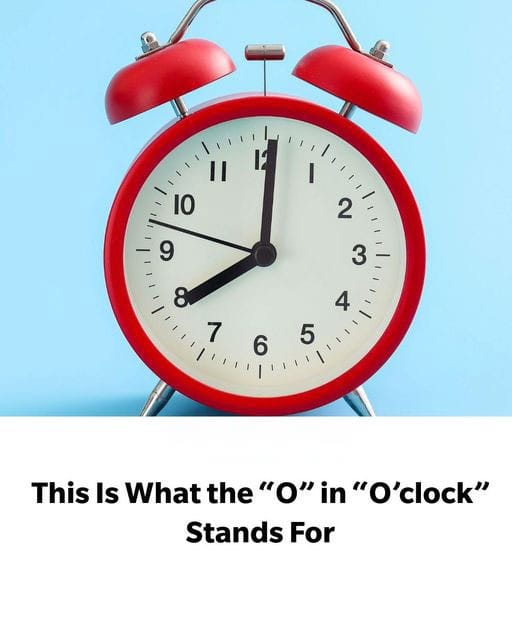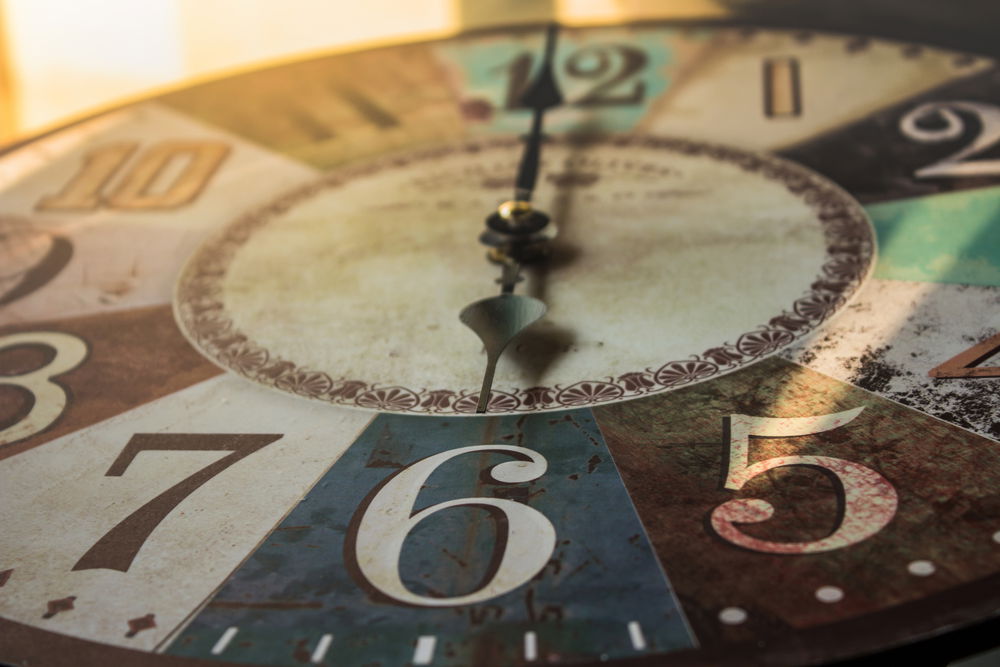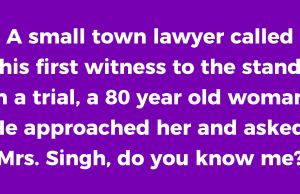
There are many aspects of language that native English speakers take for granted. For example, there are words that look like they rhyme but don’t: come and home, and through and cough. This language loves tripping up anyone trying to learn it. It often befuddles its native speakers as well. They may say “o’clock” throughout their lives, but if they stop to think, they may wonder: What does the O stand for?
The purpose of an apostrophe
:max_bytes(150000):strip_icc()/spr-lemnos-riki-alarm-clock-anna-mejorada-14-bd4c332353d84fa98088f309fa8f8ae7.jpeg)
Quick Grammar Lesson: The punctuation mark known as the apostrophe has two common functions. The first demonstrates ownership using expressions like “children’s books” or “the director’s film”. It is also used in contractions to show that certain words or letters are missing.
Consider using “don’t” instead of “do not,” or “there’s” instead of “there is.” As a result, the apostrophe in o’clock implies that something was skipped, and many people have forgotten what it was.
What is o’clock short for?

The simple answer is the O stands for “of the,” according to the Britannica Dictionary. So when a person says it’s six o’clock, they mean it’s six of the clock. That may sound odd to modern English speakers, but “of the clock” is another way of saying “according to the clock”.
The origin of “of the clock”
The phrase predictably originated when mechanical clocks became popular in Europe in the late 1300s. Before that point, people kept time using sundials or shadow clocks. But over time, analog clocks as we know them became the standard way to measure it. Hence the growing usage of “of the clock”.

The origin of “o’clock”
Like most sorts of slang, it didn’t take long for the clunky-sounding “of the clock” to be abbreviated to “o’clock”. People use the term frequently while announcing the time or making appointments, both now and in the past. So it was cut to allow for faster and smoother discussions.
“Because it’s a set phrase for telling time, it’s not surprising that it got shortened over time because we’re saying it fast,” explains Anne Curzan, PhD, an English, linguistics, and education professor at the University of Michigan, in an interview with Reader’s Digest.
















